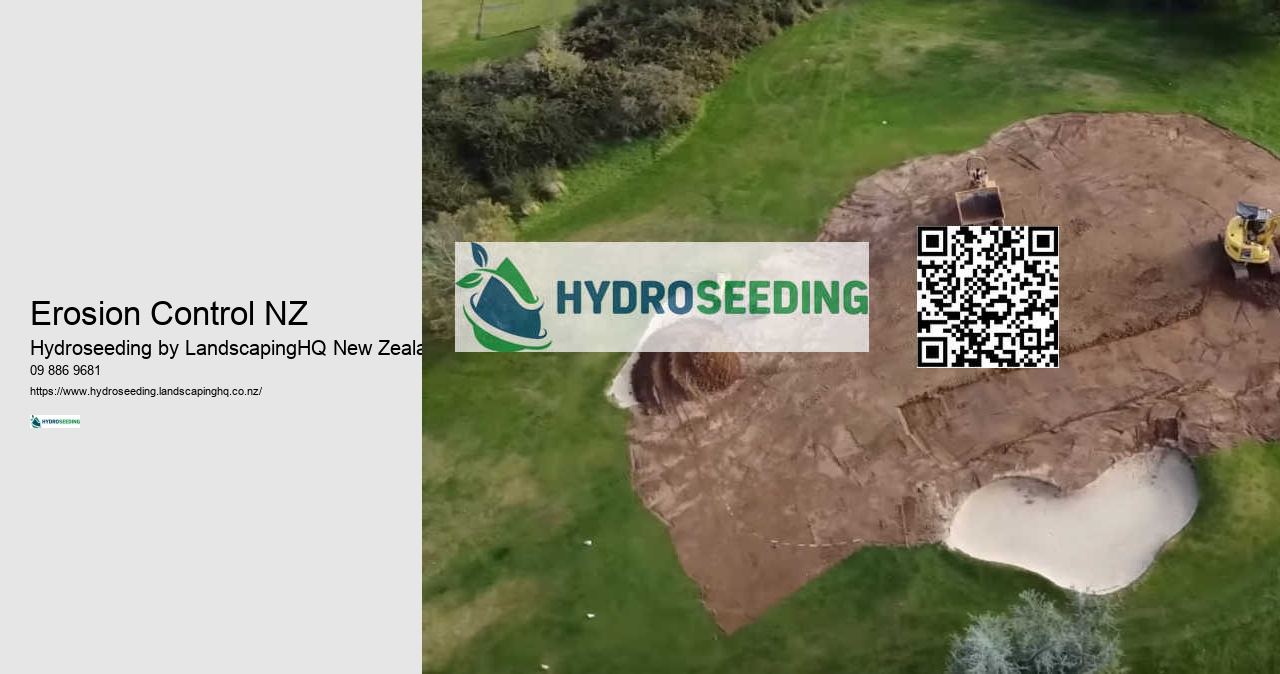

Hydroseeding involves spraying a specially-prepared slurry that contains seed, mulch, fertiliser, and water on the soil with a hydroseeder. We're committed to working closely with councils to develop tailored solutions that meet their specific needs. Achieve lush green landscapes effortlessly - Learn how Hydroseeding New Zealand can make a difference. For those seeking reliable and effective landscaping solutions, hydroseeding with a hydroseeder in New Zealand stands out as an exceptional choice. Commercial hydroseeding can be used to create rapid and lush growth. Fertilization is another key aspect of maintenance.
By avoiding these mistakes, we set our hydroseeded lawns up for success. We help to preserve your landscape by minimizing soil movement. Drainage is the next step after soil enrichment. Watering your lawn inconsistently is a common mistake.
Hydroseeding proves highly effective for large areas, offering a seamless, efficient solution for expansive landscapes. Additionally, the ability to customize seed blends ensures the grass is perfectly suited to the local climate and intended use, enhancing durability and performance. When we tackle vast terrains like parks, sports fields, or golf courses, traditional seeding methods can be labor-intensive and time-consuming. Turf reinforcement Then we will smooth out the top surface.
Ignoring proper mulching is another pitfall. That's why we offer commercial hydroseeding applications designed to deliver rapid and lush growth. Let's aim for a consistent schedule, adjusting as weather conditions change to maintain optimal soil moisture. In the warmer northern regions, hydroseeding might extend into late autumn.
Let's explore how each of these elements plays a crucial role in maintaining that lush carpet of green. Next, we need to think about the soil conditions. We should fertilize plants every six to 8 weeks during the growing seasons. Follow these guidelines to enjoy a lush lawn that thrives throughout the year. No matter if it is a residential development or a commercial one, our hydroseeding offers a sustainable solution to slope and hillside management.
Additionally, the mulch component aids in moisture retention, providing a conducive environment for seeds to sprout and establish roots quickly. They directly impact on the health and aesthetics of the finished landscape. The mixing tank blends water, seed, mulch, and fertilizer into a uniform slurry. Neglecting to mulch properly is another mistake.
In New Zealand, hydroseeding has become a popular choice due to its ability to deliver uniform growth across large areas, making it ideal for both residential and commercial projects. Avoiding the hot, dry summer months ensures that seeds don't dry out, and the cold winter months prevent frost damage to young sprouts. In terms of maintenance, it's essential to avoid mowing until the grass reaches about 7 to 8 centimeters tall. Let's break down some key considerations.
With hydroseeding we can achieve a faster germination rate compared with traditional methods, like sodding. This application method allows us to cover large areas quickly and ensures an even distribution of seeds, which leads to more uniform growth. Moreover, traditional seeding might not achieve the same degree of erosion control as hydroseeding, potentially leading to patchy growth or seed displacement during heavy rains. Our commitment to excellence means we don't just meet expectations--we exceed them.
They are available in various capacities and sizes, suited to the different scales of projects. Hydroseeding is a practical, sustainable and cost-effective solution that we believe can be used in educational and sporting facilities throughout New Zealand. By maintaining a lush, healthy lawn we can naturally create weed-resistant turf. Hydroseeding allows you to tailor the mixture of seeds used for native plants, increasing biodiversity and resilience. Environmental impact is another benefit worth noting.
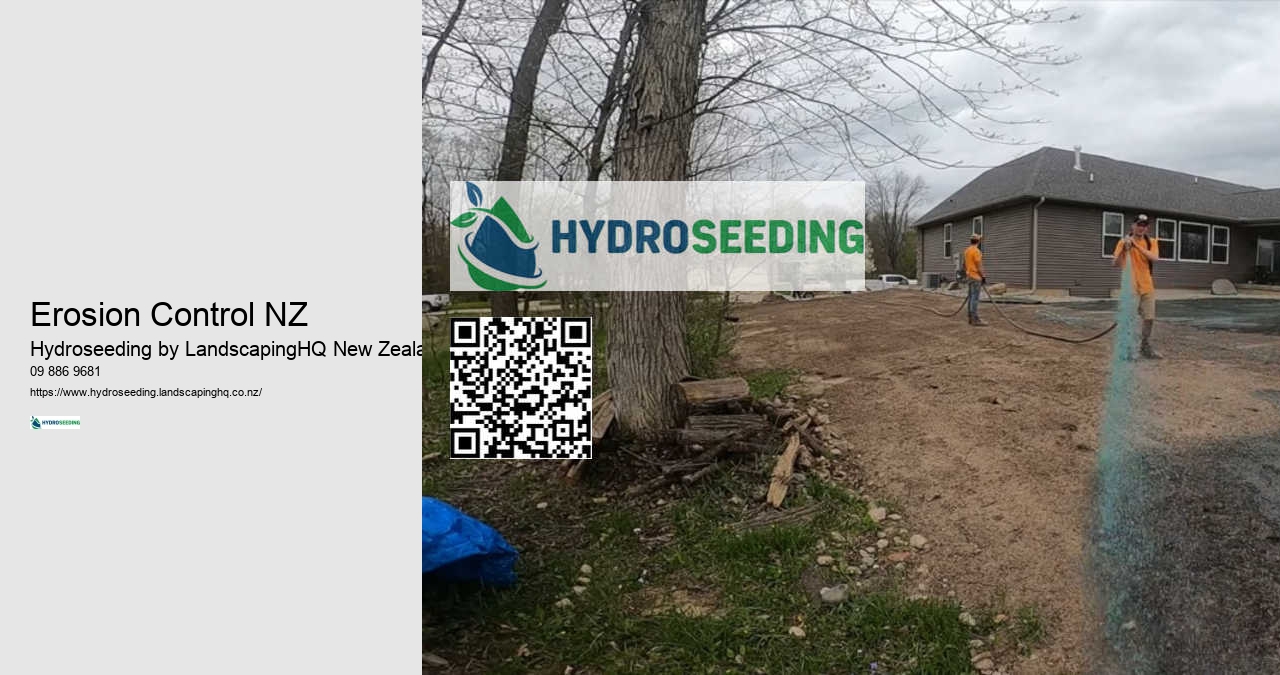
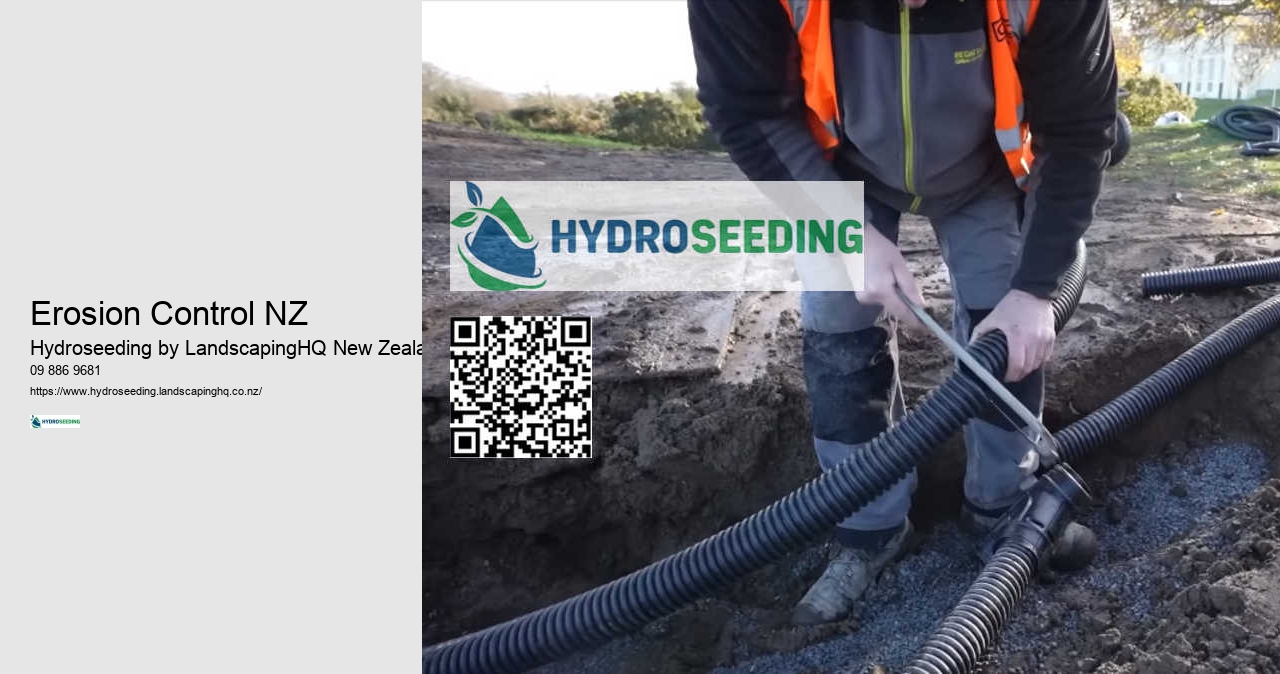
We'll explore the advantages and possibilities of hydroseeding for outdoor spaces. As we explore the innovative world of hydroseeding, it's clear that LandscapingHQ is at the forefront of transforming New Zealand's landscapes. The slurry, which contains seed, mulch, fertiliser, and water, promotes rapid growth while reducing soil erosion. Hydroseeding is a method that combines seed, mulch and fertilizer in one application to ensure even distribution and rapid growth.
Weeds can compete with grass for sunlight, nutrients and water. If necessary, applying a selective herbicide can help control weeds without damaging the grass. Garden To avoid damaging the young plants, we'll only want to trim the top third. Hydroseeding is not only efficient but also cost-effective, often costing a fraction of traditional sodding.
The reduced labor and materials compared to traditional methods mean we can provide high-quality landscaping at a more affordable rate. Our hydroseeders are equipped with a mixing tank, pump, and spray nozzle. The future of hydroseeding is also expected to be enhanced by technological advances.
This is especially true in the commercial setting. So, when's the best time to embark on a hydroseeding adventure? Selecting the right seeds is crucial for the success of any hydroseeding project, as it directly impacts the health and appearance of the final landscape.
We can seed several hectares in just a day, making it a practical choice for projects with tight deadlines. From initial consultation to final inspection, we're there every step of the way. To avoid stressing young plants, only trim the top third at this stage.
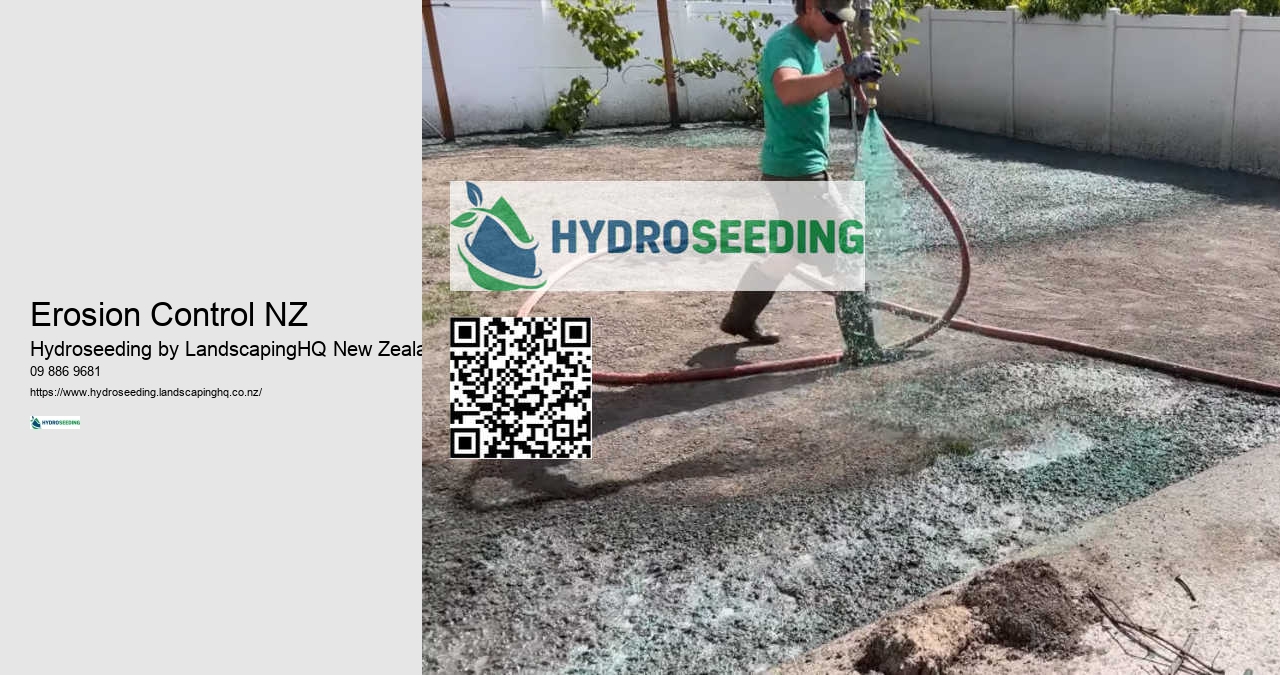
We strategically choose the best time for hydroseeding, often coinciding with optimal growing conditions. This is particularly valuable for areas with high foot traffic, where traditional seeding might falter. It reduces the labor and material costs associated with traditional sod laying, making it a more economical choice for large areas like parks, sports fields, or commercial sites. This is why we think partnering with you is a good idea.
Hydroseeding is a cost-effective and efficient way to establish beautiful landscapes and lawns. In order to cover large areas, such as sports fields, golf course, parks and other vast terrains, we must use traditional seeding methods. Soil erosion Proper drainage is crucial to prevent water from pooling, which can cause seed rot and hinder germination.
It's tempting for us to believe that more fertilizer will lead to faster growth. We should water lightly two to three times a day, depending on the weather, to keep the soil moist but not waterlogged. Our clients get the lush and vibrant landscapes they want by investing in quality equipment.
This will avoid problems such as poor germination. Hydroseeding vs. traditional seeding is a decision that depends on the specific needs of each individual. It is important to do this step for uniform seed placement and germination.
This means we see results much faster compared to some other seeding methods. By avoiding the hot, arid summer months, seeds are less likely to dry out. Hydroseeding is an efficient method to cover large areas quickly, making it perfect for corporate campuses, sports fields, and public parks. It reduces the amount of watering required and minimizes erosion.
By using natural materials and promoting healthy soil, we contribute to green spaces that are both beautiful and environmentally responsible. Hydroseeders are at the center of any hydroseeding operations. This ensures the seeds have ample opportunity to establish strong roots before facing adverse weather conditions.
Temperature is another critical factor. We know that creating a vibrant landscape that is sustainable and attractive doesn't only mean ensuring long-term satisfaction, but also healthy growth. It is the perfect solution for those looking to strike a balance between quality and price, creating lush, healthy yards without spending a fortune.
Whether we're dealing with high traffic areas or places prone to drought, we can select the ideal seed blend to promote resilience and sustainability. While this method can be less expensive initially, it often requires more time and labor. Patches are eliminated and a uniform, dense cover is created.
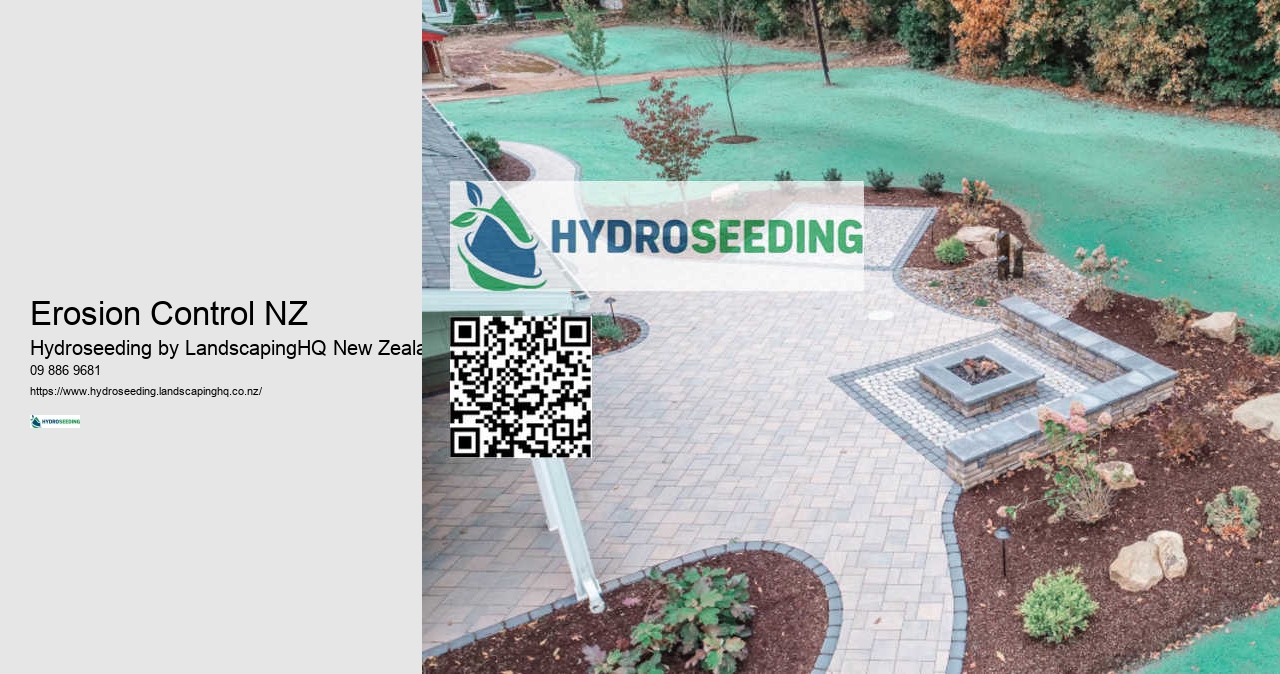
A HydroSeeder can spray distances ranging from 50 to 100 feet, depending on the equipment type and pressure settings. Larger HydroSeeders with more powerful pumps can cover extensive areas in a single application, making it an efficient choice for large or hard-to-reach areas. Hydroseeding New Zealand�s equipment allows us to cover both large areas and difficult terrain, ensuring your lawn gets even, comprehensive coverage. Reach out to learn more about our application capabilities.
Ryegrass and fescues are popular in New Zealand for their adaptability to various climates and resilience. Hydroseeding New Zealand uses high-quality grass seed blends that suit New Zealand�s diverse landscapes.
Yes, hydroseeding can be done in the summer, but it requires consistent watering to keep the seeds moist in the warmer weather. Our professionals at Hydroseeding New Zealand can help you create a watering schedule that matches summer conditions, ensuring that your lawn grows lush and healthy despite the heat.
Improving slope stability involves adding vegetation, such as hydroseeded grass, which has deep roots that hold soil in place. You may also add soil binders or structural support, depending on the slope�s steepness and soil type. Hydroseeding is an effective way to quickly establish plant cover for erosion control. Hydroseeding New Zealand offers specialized services for slope stabilization to help secure your landscape. Contact us to learn more about customized solutions.
Green grass spray, or hydroseeding, applies a mix of seeds, mulch, and nutrients, creating an environment for quick germination. It�s designed to cover large areas evenly and promotes vibrant, dense grass. Hydroseeding New Zealand offers green grass spray services for lush and uniform lawn growth.